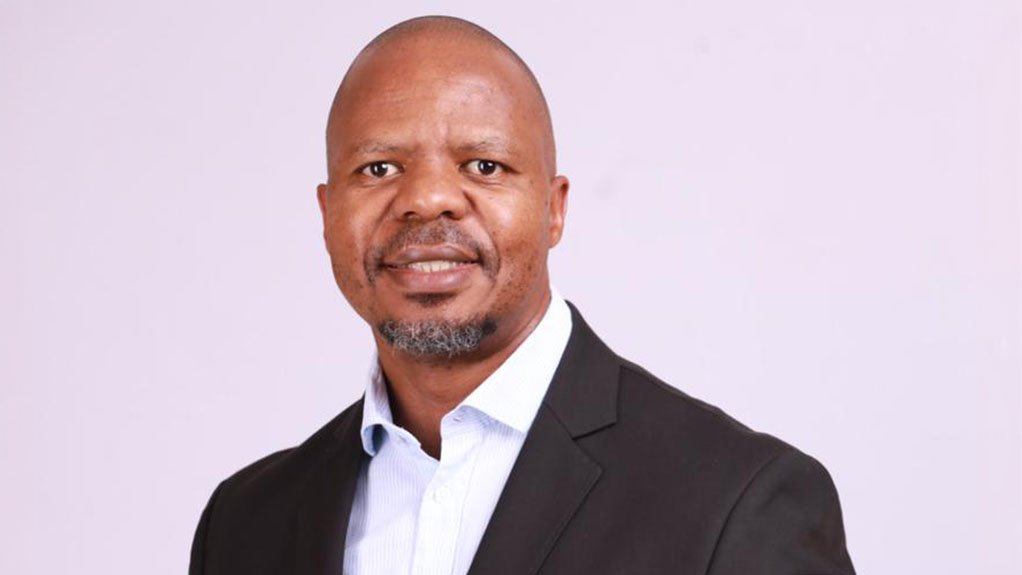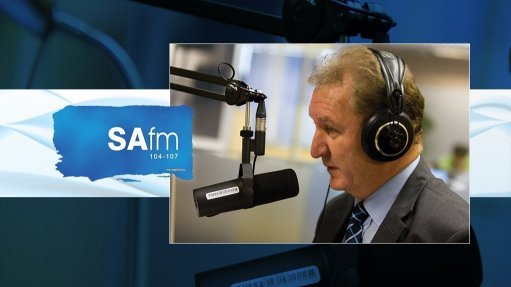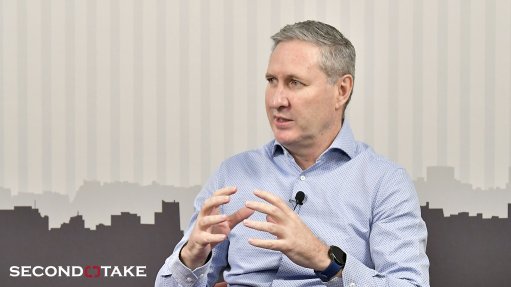Telecommunications to play a critical role in upcoming elections
As South Africa approaches its 2024 national elections, scheduled for May 29, telecommunications infrastructure will play a key role in ensuring seamless communication among voters, electoral bodies and all stakeholders involved in the electoral process, the Communication Risk Information Centre (COMRiC) said on Wednesday.
“As we approach the elections, the need for secure and reliable communication channels cannot be overstated. These systems are the backbone of electoral transparency and efficacy,” said COMRiC CEO Advocate Thokozani Mvelase, stressing the importance of robust telecommunications security to facilitate a successful electoral process.
The growth of telecommunications infrastructure in South Africa has been a pivotal driver of economic development and modernisation and the significant investments made to expand mobile networks, broadband accessibility and Internet speed have transformed the business landscape, fostering innovation and connectivity.
“The proliferation of telecommunications has also facilitated better access to markets, financial services and online education, crucial for a diversified economy. This robust infrastructure supports the burgeoning tech startups and e-commerce sectors, making South Africa a key player in the African digital economy,” he continued.
However, Mvelase highlights the dual challenges of safeguarding the telecommunications infrastructure against physical and cyberthreats, particularly in the volatile period surrounding elections.
“The integrity of our telecommunications infrastructure is paramount. We advocate for a proactive stance in protecting these systems against potential disruptions. This involves not only the service providers and regulatory bodies but also calls for active participation from the public to safeguard this critical infrastructure.”
He further stresses the importance of resilient telecommunications, which must remain operative and secure to oversee the surges in communication traffic typical of election periods.
COMRiC is dedicated to closely collaborating with all telecommunications providers, the Independent Electoral Council and other stakeholders, with the aim of continuously monitoring and reinforcing the necessary security measures that are essential for conducting fair and free elections.
“It is imperative that our communications infrastructure is not only operational but also fortified against any form of disruption. This resilience is essential for the continuity of communication during the elections, ensuring that every citizen can receive and impart information freely and without interference,” Mvelase said, adding that it was critical to recognise the risks posed by insufficient telecommunications security during elections.
The primary risk is the potential for interference in the electoral process, which can manifest in various forms such as data breaches, system hacks and the dissemination of misinformation.
“Such disruptions can undermine public trust in the electoral outcomes and, by extension, the democratic process itself. Moreover, the spread of misinformation can significantly influence voter perception and decision-making, potentially altering the fair course of elections.”
Another substantial risk involves the vulnerability of telecommunications networks to targeted attacks, which could incapacitate communication channels when they are most needed.
“These attacks could be orchestrated by external actors seeking to destabilise the political environment or by internal entities attempting to gain an unfair advantage,” he said, warning that the consequences of such actions were far-reaching, potentially resulting in delayed or incorrect transmission of electoral data, thereby impeding the accurate reporting and verification of election results.
Further compounding these risks is the challenge of ensuring the physical security of telecommunications equipment and infrastructure.
In periods of heightened political activity, such as elections, the risk of sabotage increases.
“Protecting this infrastructure is paramount to avoid any disruptions that could affect the accessibility and reliability of communication services, which are crucial for the conduct of transparent and fair elections.”
In response to these risks, COMRiC calls upon all stakeholders, including government agencies, private sector partners and the public, to join forces in a concerted effort to enhance and fortify the country's telecommunications security framework.
“It is imperative that we adopt a unified and proactive approach to safeguard our telecommunications systems against all forms of threats. By ensuring the security and reliability of our communications infrastructure, we contribute to the integrity and success of our electoral process. We urge all involved parties to prioritise these critical security measures to uphold and protect the democratic values we cherish.”
Comments
Press Office
Announcements
What's On
Subscribe to improve your user experience...
Option 1 (equivalent of R125 a month):
Receive a weekly copy of Creamer Media's Engineering News & Mining Weekly magazine
(print copy for those in South Africa and e-magazine for those outside of South Africa)
Receive daily email newsletters
Access to full search results
Access archive of magazine back copies
Access to Projects in Progress
Access to ONE Research Report of your choice in PDF format
Option 2 (equivalent of R375 a month):
All benefits from Option 1
PLUS
Access to Creamer Media's Research Channel Africa for ALL Research Reports, in PDF format, on various industrial and mining sectors
including Electricity; Water; Energy Transition; Hydrogen; Roads, Rail and Ports; Coal; Gold; Platinum; Battery Metals; etc.
Already a subscriber?
Forgotten your password?
Receive weekly copy of Creamer Media's Engineering News & Mining Weekly magazine (print copy for those in South Africa and e-magazine for those outside of South Africa)
➕
Recieve daily email newsletters
➕
Access to full search results
➕
Access archive of magazine back copies
➕
Access to Projects in Progress
➕
Access to ONE Research Report of your choice in PDF format
RESEARCH CHANNEL AFRICA
R4500 (equivalent of R375 a month)
SUBSCRIBEAll benefits from Option 1
➕
Access to Creamer Media's Research Channel Africa for ALL Research Reports on various industrial and mining sectors, in PDF format, including on:
Electricity
➕
Water
➕
Energy Transition
➕
Hydrogen
➕
Roads, Rail and Ports
➕
Coal
➕
Gold
➕
Platinum
➕
Battery Metals
➕
etc.
Receive all benefits from Option 1 or Option 2 delivered to numerous people at your company
➕
Multiple User names and Passwords for simultaneous log-ins
➕
Intranet integration access to all in your organisation



















